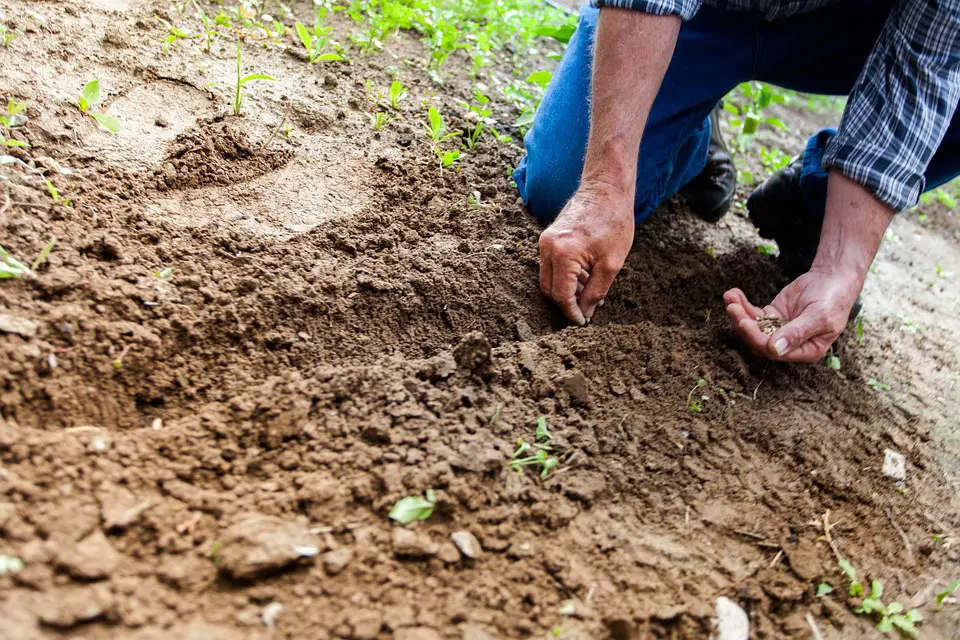Introduction
Agricultural heritage refers to the historical practices and knowledge passed down through generations about soil care and farming techniques. Preserving this heritage is crucial for maintaining sustainable farming practices and securing food production for future generations.
Healthy soil is the foundation for productive agriculture and is essential for growing nutritious crops. In this article, we will explore various soil care practices that farmers can employ to preserve our agricultural heritage and ensure the long-term sustainability of farming.
Importance of Soil Care
Soil care is critical for maintaining soil fertility, preventing erosion, and minimizing the use of chemical inputs. By implementing proper soil care practices, farmers can enhance the quality and health of the soil, leading to improved crop yields and reduced environmental impact.
Sustainable soil care practices also promote biodiversity, protect water resources, and contribute to climate change mitigation. It is essential for farmers to prioritize soil care to preserve and build upon the knowledge of our agricultural heritage.
Cover Cropping
Cover cropping involves planting specific crops, such as legumes or grasses, during fallow periods or between cash crop seasons. Cover crops help prevent soil erosion, improve soil structure, increase organic matter content, and suppress weed growth.
They also enhance nutrient cycling, reduce soil compaction, and provide habitat for beneficial insects. By adopting cover cropping techniques, farmers can protect and enrich the soil, ensuring its long-term health and resilience.
Conservation Tillage
Traditional tillage practices involve extensive soil disturbance, which can lead to erosion and loss of organic matter. Conservation tillage techniques, such as no-tillage or reduced tillage, focus on minimizing soil disturbance and maintaining crop residue on the field.
These practices help prevent erosion, preserve soil moisture, and promote the growth of soil microorganisms. Conservation tillage methods retain organic matter, enhance soil structure, and reduce fuel and labor requirements, making them beneficial for both the environment and farmers’ economic sustainability.
Composting and Organic Amendments
Composting is the process of converting organic waste materials, such as crop residues, manure, or kitchen scraps, into nutrient-rich soil amendments. By applying compost or other organic amendments to the soil, farmers can improve soil structure and increase its water-holding capacity.
Organic amendments also enhance nutrient availability, stimulate microbial activity, and promote the growth of beneficial soil organisms. Utilizing composting and organic amendments contributes to sustainable nutrient management and reduces the reliance on synthetic fertilizers.
FAQs Section
What are the benefits of sustainable soil care practices?
Sustainable soil care practices improve soil health, enhance crop yields, protect water resources, and promote biodiversity. They also contribute to climate change mitigation by sequestering carbon in the soil.
How does cover cropping help in soil conservation?
Cover crops protect the soil from erosion, suppress weeds, improve soil structure, and increase organic matter content. They also enhance nutrient cycling and provide habitat for beneficial insects.
What is the difference between traditional tillage and conservation tillage?
Traditional tillage involves extensive soil disturbance, while conservation tillage techniques aim to minimize soil disturbance and retain crop residue on the field. Conservation tillage practices help prevent erosion, preserve moisture, and maintain soil health.
Why is composting important for soil care?
Composting and organic amendments improve soil structure, increase water-holding capacity, enhance nutrient availability, and stimulate microbial activity. They contribute to sustainable nutrient management and reduce reliance on synthetic fertilizers.




